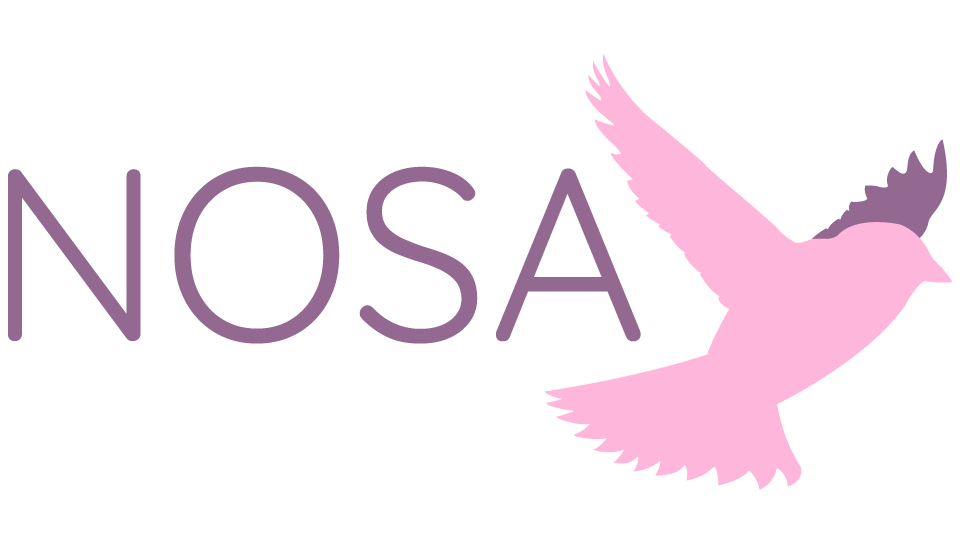PTSD and C-PTSD
therapy and treatment

post-traumatic stress disorder (PTSD)
PTSD is a problem caused by exposure to a traumatic event: an event that provokes a real or perceived threat of serious injury or death. Some examples include sexual assault, war scenarios and car accidents. When experiencing these events, the emotional response can be so overwhelming that the brain is unable to successfully process what is happening in the moment. This can lead to the development of long term symptoms (e.g. flashbacks and nightmares), which result in the individual 'reliving' the event. People can continue to experience these symptoms many years after the event took place. Fortunately, psychological treatments for PTSD are very effective.
complex post-traumatic stress disorder (C-PTSD)
C-PTSD is caused by prolonged and repeat exposure to traumatic events. This most commonly includes childhood physical or sexual abuse. It can also include repeated exposure to trauma in adulthood. For example, prolonged domestic violence. People may develop additional symptoms than those related to single episode PTSD. This may include problems associated with forming healthy relationships or being able to tolerate difficult emotions.
common symptoms of PTSD
The symptoms of PTSD can vary in intensity at different times of life and can be very dependent on the triggers that exist in the environment at any given time. Some common experiences include:
Reliving symptoms
- Flashbacks: intrusive images and/or memories of a traumatic event that are vivid and can feel as if they are happening now.
- Nightmares related to past traumatic events.
Anxiety symptoms
- Strong physical symptoms such as sweating, trembling, breathlessness and nausea.
- Hyper-vigilance: feeling jumpy and alert to danger.
- Feeling irritable and angry on a regular basis.
Behavioural symptoms
- Avoidance of activities or places that trigger past memories (e.g. driving, starting new relationships, scenes where the traumatic event took place, certain TV programmes or news content etc).
- Alcohol or drug abuse to suppress memories and anxiety symptoms.
Belief and cognitive (thinking) symptoms
- Beliefs and thoughts relating to the mistrust of others that may be exaggerated by the traumatic event.
- Intense thoughts and feelings of guilt and shame, related to past traumatic events.
treatment for PTSD
The evidence-base (research and results from clinical trials) recommends two different treatment choices for PTSD. The first is a course of Cognitive Behavioural Therapy (CBT) and the second, Eye Movement Desensitisation Reprocessing (EMDR). Although these treatment types look to relieve the same symptoms, the way they are implemented is very different. At NOSA we are able to offer both treatment types. The treatment that suits you best will be decided in collaboration with you, during assessment.
Treatment for C-PTSD may require a more tailored approach, with adaptations made. This may include a stronger focus on building a trusting relationship with your therapist before implementing any interventions.
At NOSA we will take time to asses your individual needs and work in collaboration with you to recommend a treatment package that best meets your goals.

